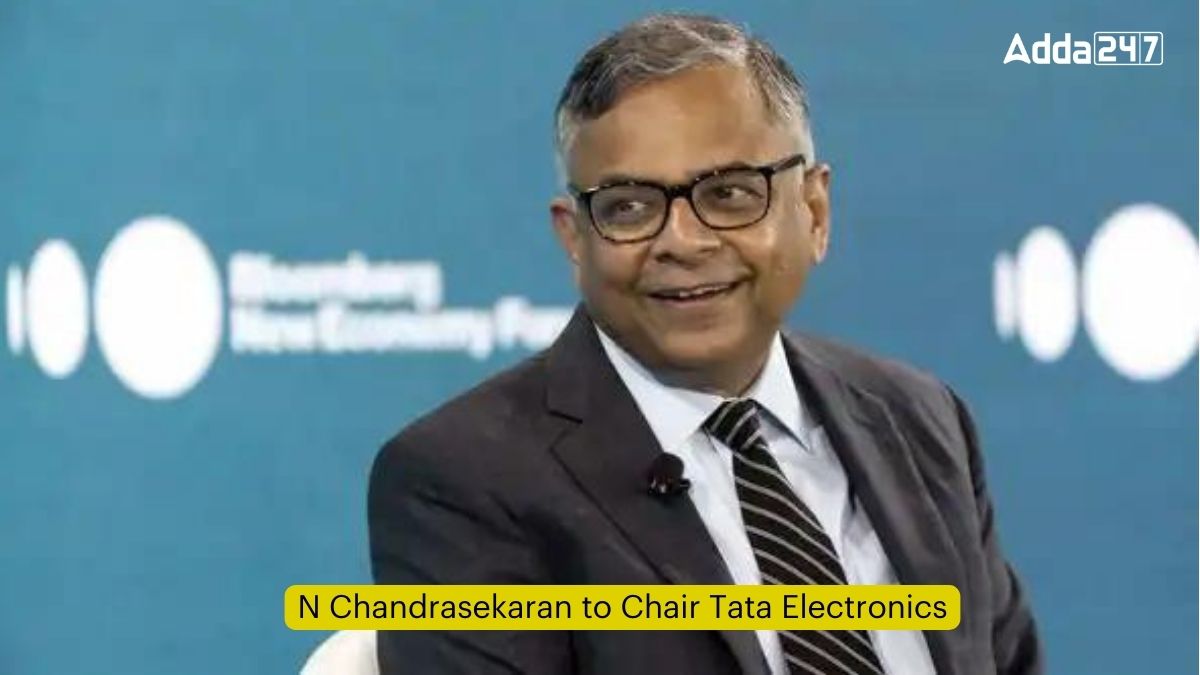Tata Sons chairman N Chandrasekaran is set to assume the role of chairman at Tata Electronics, a significant move that underscores the Tata group’s commitment to its $14 billion investment in the semiconductor business. Chandrasekaran will succeed Banmali Agrawala, who has held the position for several years and has recently taken on an advisory role within the group.
Steering the Semiconductor Push
Chandrasekaran’s appointment as chairman of Tata Electronics is seen as a strategic decision, signaling the importance of the semiconductor business to the conglomerate. His leadership and vision were instrumental in attracting top talent to the company, including Randhir Thakur, former Intel Foundry Services veteran, who joined as CEO & MD of Tata Electronics in 2023.
Assembling a Formidable Team
In addition to Thakur, Tata Electronics has made several key appointments to bolster its semiconductor expertise. Srinivas Satya, formerly country president of semiconductor products group at Applied Materials, joined as chief supply chain officer and president of components business in January 2024.
The company has also hired 50-60 top-level expatriates in recent months, leveraging their extensive expertise in semiconductor technology, strategic planning, and design to drive its business forward.
At the Forefront of India’s Electronics Manufacturing
Industry watchers believe that these strategic appointments, coupled with Chandrasekaran’s razor-sharp focus, have positioned Tata Electronics at the forefront of India’s electronics manufacturing story. The company, founded in 2020, is already Apple’s only Indian vendor that assembles iPhone enclosures.
Expanding Capacity and Footprint
Tata Electronics is not only ramping up its existing facility in Hosur, Tamil Nadu, but has also taken over a facility from Taiwan’s Wistron in Karnataka. Reports suggest that the company is also looking to acquire Pegatron’s facility in Tamil Nadu to further expand its capacity.
Seizing Opportunities in a Changing Landscape
The pandemic and recent geopolitical realignments have brought about severe supply chain disruptions, prompting major brands to diversify away from China. Indian players like the Tata group are well-positioned to identify and tap into these changing market dynamics, offering an attractive alternative for marquee brands seeking to diversify their supply chains.
With N Chandrasekaran at the helm, Tata Electronics is poised to capitalize on the growing opportunities in the semiconductor and electronics manufacturing sectors, leveraging the Tata group’s vast resources and expertise to drive its ambitious growth plans.




 Harsharan Kaur Trehan Becomes PSPCL’s Fi...
Harsharan Kaur Trehan Becomes PSPCL’s Fi...
 Who Is Asha Sharma? Indian-Origin Leader...
Who Is Asha Sharma? Indian-Origin Leader...
 Mia Mottley Secures Historic Third Term ...
Mia Mottley Secures Historic Third Term ...








